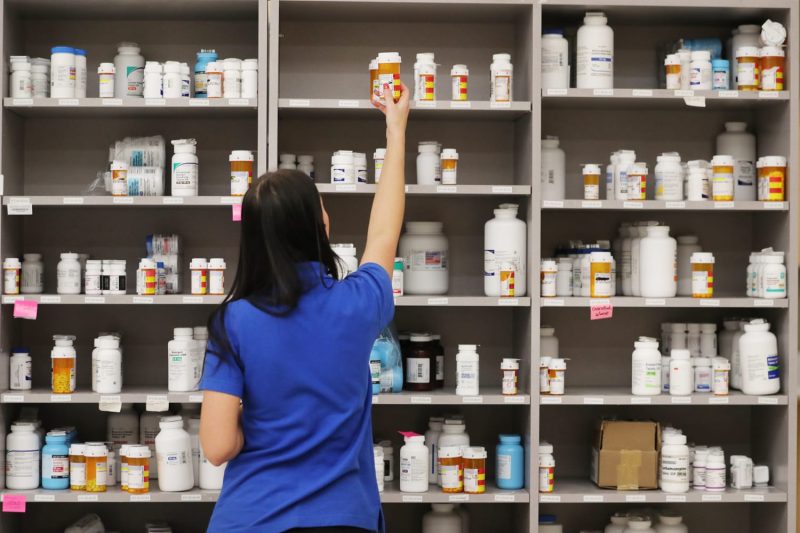Inflation Penalties to Lower Drug Costs: A Win for Consumers
The Biden administration’s move to lower prices for 64 drugs by imposing inflation penalties on drugmakers signals a promising shift towards enhancing affordability and accessibility to essential medications. By leveraging this regulatory approach, the government aims to rein in pharmaceutical companies’ pricing strategies, ultimately benefiting millions of patients across the country who rely on these medications for their well-being.
Historically, the pharmaceutical industry has faced criticism for setting exorbitant prices for life-saving drugs, often placing a significant financial burden on consumers. The implementation of inflation penalties represents a proactive measure to address the issue of rising drug costs, aligning with the administration’s commitment to making healthcare more affordable for all Americans.
Under this new policy, drug manufacturers will be subject to penalties if they raise prices above the inflation rate, thereby discouraging unjustified price hikes and promoting more responsible pricing practices. By holding companies accountable for their pricing decisions, the government aims to create a more transparent and competitive pharmaceutical market that prioritizes the interests of patients over profit margins.
The impact of inflation penalties on drugmakers is expected to be twofold: it will deter sudden and steep price increases while also encouraging companies to explore cost-saving measures that could lead to more competitive pricing for consumers. Additionally, these penalties may incentivize manufacturers to invest in research and innovation aimed at developing more cost-effective treatment options, thus fostering a more sustainable healthcare ecosystem in the long term.
Critics of the policy argue that imposing inflation penalties on drugmakers may stifle innovation and deter investment in new therapies. However, proponents assert that the primary goal of the measure is not to hinder progress but rather to ensure that essential medications remain affordable and accessible to those who need them most. By striking a balance between incentivizing innovation and protecting consumers from price gouging, the administration’s approach seeks to promote a fair and equitable healthcare system that benefits all stakeholders.
As the healthcare landscape continues to evolve, initiatives such as inflation penalties on drugmakers represent a step towards addressing longstanding challenges in drug pricing and accessibility. By fostering a more competitive and transparent market, the government can empower consumers to make informed decisions about their healthcare while promoting greater equity and affordability in the pharmaceutical sector. This regulatory intervention underscores the administration’s commitment to prioritizing the well-being of American patients and marks a significant milestone in the ongoing effort to reform the healthcare system for the better.
